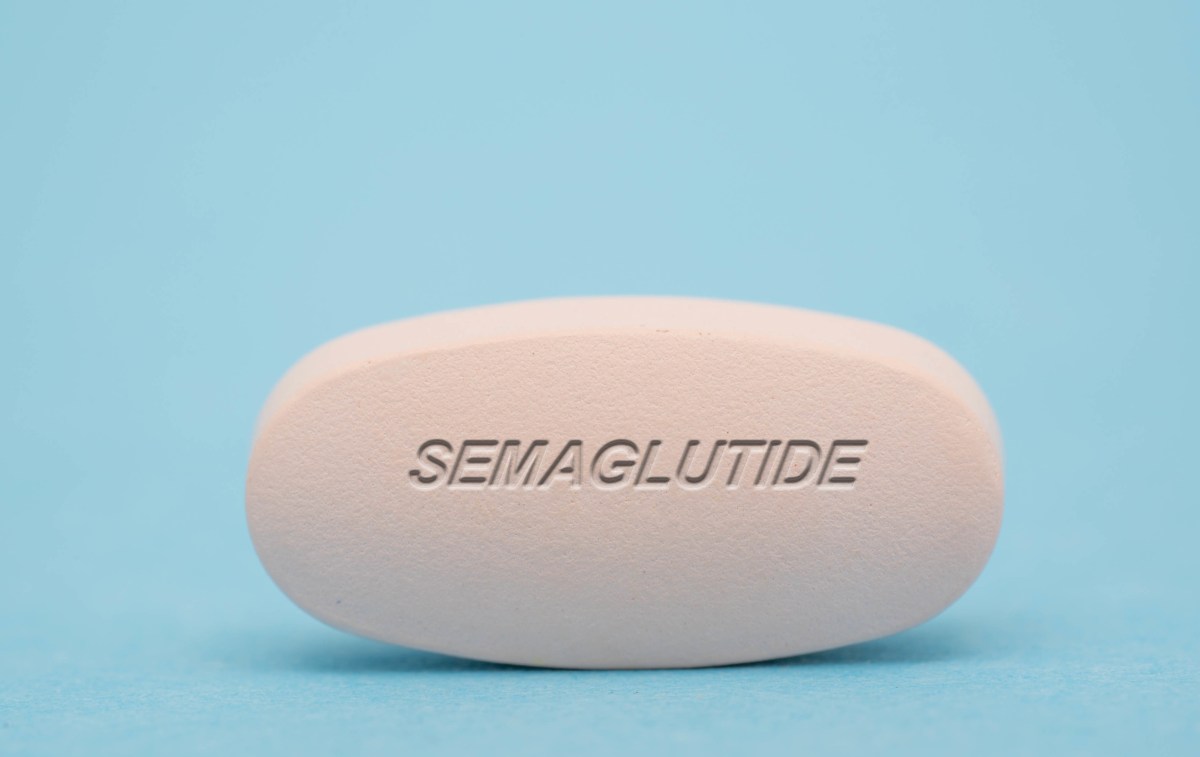There’s no sugarcoating it. America’s obesity numbers are scary:
- 42% of Americans were categorized as obese as of 2020, up from 30.5 % in 1999
- The prevalence of severe obesity has risen from 4.7% to 9.2%
- Medical costs for adults with obesity are $1,861 higher than medical costs for people with a healthy weight
- 30% of COVID-19 hospitalizations during the first six months of the pandemic were attributable to obesity
- Over the past 30 years, child obesity rates have tripled in America
The sad-sack facts go on and on but suffice to say, the nation’s decades-old struggle with weight loss isn’t getting any easier.
And while we’ve come a long way in how we talk about everything swirling around the issue — debunking BMI, questioning fad diets, encouraging sustainable exercise patterns, reinforcing mental health along the way — obesity is still no way to live. The condition is correlated with cardiovascular diseases, type 2 diabetes, obstructive sleep apnea and various forms of cancer.
Enter: GLP-1 agonists like semaglutide and liraglutide, new-ish drugs that have only recently hit the mainstream, which were originally designed to treat type 2 diabetes, but have since found favor as weight-loss wonder drugs.
You’ve almost certainly seen the brand names Ozempic and Wegovy in your feed over the last few months (whether that feed is TikTok or the Wall Street Journal); these once-weekly injections “stimulate insulin production and slow the emptying of the stomach,” conveniently leaving people feeling fuller longer…which help them eat less food and lose more weight.
The studies are very promising. Check out the most prominent research here, here and here. There even seems to be a mental component, where subjects report they’re not “thinking about food all the time,” anymore.
When Does Male Body Positivity Go Too Far?
Some metrics for measuring human fitness are bunkum. But ignoring them altogether is equally dangerous.So: what’s the catch? An acquisition by everyone’s old frenemy Weight Watchers International (which has been operating under the name WW for the last five years by the way), highlights the complex future of GLP-1 agonists. Just yesterday, WW closed on a subscription telehealth platform called Sequence, for $132 million in cash and stock.
It’s a clear play by the company — which has leveraged its name recognition/resources to evolve into a lifestyle fitness app — to add some prescriptive clout to its services. No longer will WW merely encourage its 3.5 million members to get outside or eat their greens; now subscribers can opt in to Sequence’s telehealth appointments (currently $99 a month), in order to meet with doctors who have the power to grant weight-loss medications.
Following a mid-2010s reckoning in the realm of body positivity, the Weight Watchers name and credo suddenly felt jurassic. That name change followed, plus revisions in brand strategy (e.g. the company stopped requiring users to have a weight loss goal in order to join). But in recent days, WW seems keen on embracing its roots, backed by the knowledge that if you’re obese, losing weight is probably a good idea.
A couple telling quotes from higher-ups at the company: “We started re-embracing Weight Watchers because I think it’s important to not shy away from the conversation around weight loss being important for health outcomes.” And another: “We have no interest in prescribing medications to those who are trying to lose 10 pounds for a reunion.”
Still: GLP-1s are not a miracle cure. They can induce vomiting and nausea for some patients. They work best alongside the behavioral changes that so many people have trouble committing to, anyway. And paying this much money (they can cost $12,000 a year or more without insurance coverage) to inject yourself with a hormone every Tuesday is a pretty drastic decision. Little wonder that those most likely to stump for the drugs are rich fitness influencers. The hashtag #myozempicjourney is a thing now.
If you’re Weight Watchers, and you’re in the business of people losing weight — or at the least, the business of getting people to pay money in the hopes of losing weight — then you can’t not bet big on semaglutide. It’s the future of the industry, for better or worse. But while the package that WW ultimately creates will make certain people thinner, it’s unlikely to make America thinner.
The Charge will help you move better, think clearer and stay in the game longer. Subscribe to our wellness newsletter today.




















